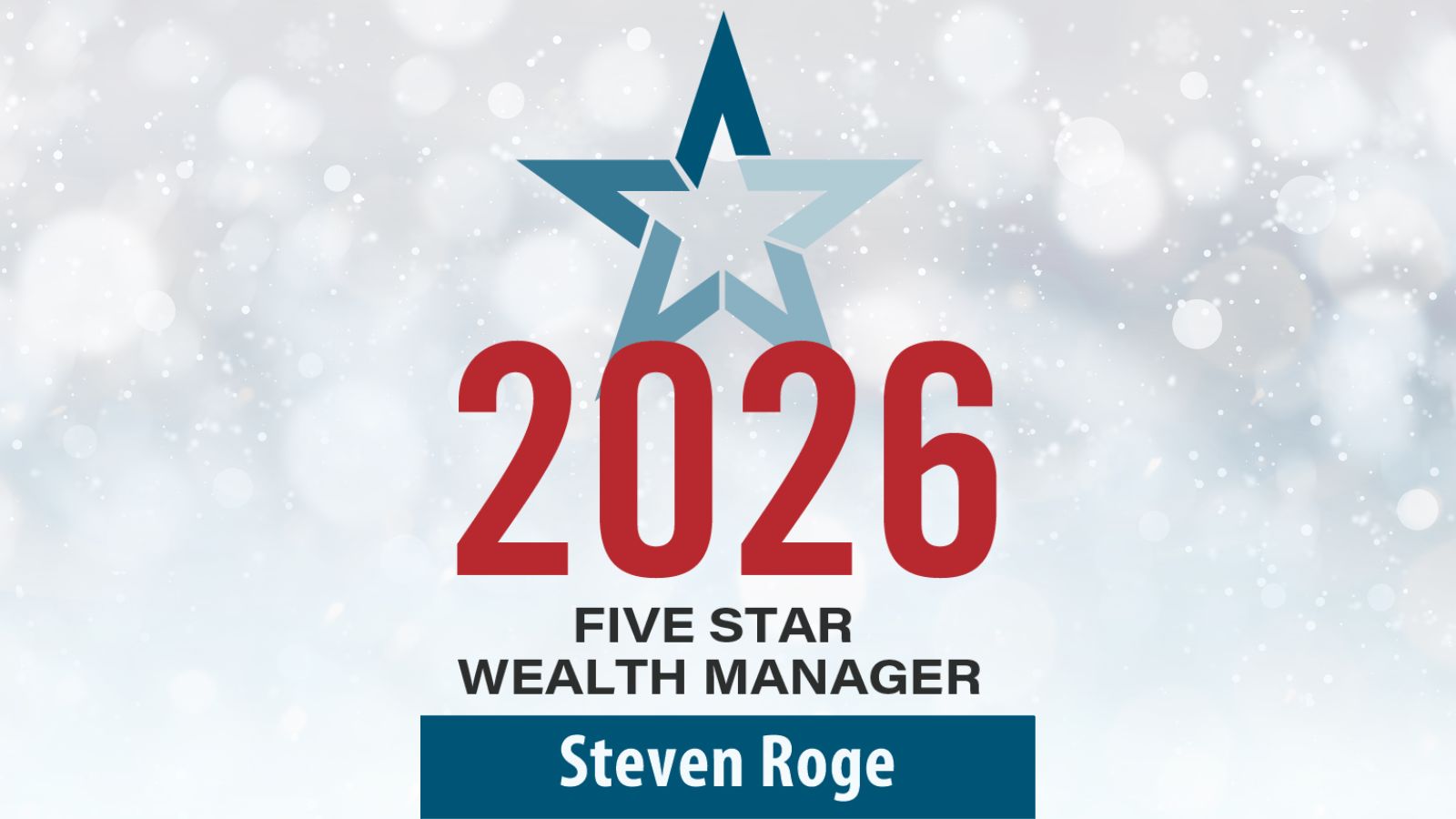
As you navigate through the different financial stages of life, your needs and priorities undergo significant transformations. From adolescence to retirement, each of the financial life stages presents unique challenges and opportunities. One of the keys to financial stability and success lies in recognizing and adapting to these changing circumstances. As a fee-only financial advisory firm in business for nearly 40 years, we have helped countless clients through various life transitions. Let’s explore the ways in which your financial planning needs evolve as your journey progresses.
What Are the Seven Financial Life Stages and How to Plan for Each?
The seven financial life stages typically include early adulthood, marriage and starting a family, career advancement, mid-life, nearing retirement, retirement, and aging and long-term care. The following comprehensive exploration offers a list of challenges, opportunities, and actionable items for the seven financial stages of life. Follow along to enter each of the financial life stages with confidence and clarity.
1. Early Adulthood: Are You Building a Solid Foundation?
In the early stages of adulthood, it’s important to establish a strong financial foundation. This includes creating a budget, building an emergency fund, and managing any student loan debt. Engaging in these actions sets you up for long-term financial health and begins the accumulation of assets. Working with a fee-only financial advisor during early adulthood can help you establish a robust financial plan that sets priorities effectively, ensures your budget aligns with your goals, and starts you on the path to long-term wealth accumulation.
Challenges:
- Managing student loan debt effectively.
- Establishing credit and controlling credit card debt.
- Living expenses that may outpace early-career salaries.
Opportunities:
- Beginning retirement savings early to leverage compound interest.
- Career exploration and mobility.
- Learning fundamental financial management skills.
Actionable Steps:
- Create a detailed budget to manage expenses and plan for savings. Download our free Budget Worksheet to get started.
- Start an emergency fund aiming for three to six months of living expenses.
- Begin retirement contributions as early as possible to take advantage of compound interest.
2. Marriage and Starting a Family: How Can You Plan for the Future?
When you enter the phase of marriage and starting a family, your financial responsibilities and goals shift significantly. At this stage, you should consider factors such as the joining of finances, saving for children’s education, and protection through life insurance. It’s also important to create a comprehensive financial plan that encompasses both short-term needs and long-term goals. A fee-only financial advisor can assist in merging and managing joint finances, provide strategies for education savings, and help select the right life insurance, aligning your financial strategies with your growing family needs.
Challenges:
- Balancing the household budget with a potentially increased number of dependents.
- Managing the costs associated with home buying or moving to larger living spaces.
- Navigating the financial impact of parental leave and childcare.
Opportunities:
- Combining household incomes which can increase investment and savings capacity.
- Planning for future education costs with early investments in education funds.
- Purchasing life insurance and establishing wills for family protection.
Actionable Steps:
- Merge finances thoughtfully if combining incomes and debts with a spouse.
- Start saving for your children’s education through tax-advantaged accounts like 529 plans.
- Review and adjust life insurance coverage to ensure family security.
3. Career Advancement: Are You Maximizing Your Earning Potential?
As you progress in your career, focus on maximizing your earning potential. This may involve investing in your professional development, seeking promotions, or exploring entrepreneurial opportunities. At this stage, optimizing your income can become a fundamental element of your financial planning strategy. A fee-only financial advisor can offer career guidance, help optimize your income through investment advice and ensure that your growing financial resources are effectively allocated to meet both current and future goals.
Challenges:
- Balancing financial investments in career growth with current financial responsibilities.
- The risk of job changes or instability in pursuit of better opportunities.
- Time management between career demands and personal finance management.
Opportunities:
- Higher income potential through promotions and career development.
- Opportunities to diversify income streams, including passive income or side businesses.
- Expanding professional network that can lead to more financial opportunities.
Actionable Steps:
- Invest in professional development to enhance your skills and value in the workplace.
- Seek opportunities for promotion or consider side businesses to increase income.
- Maximize contributions to retirement accounts to benefit from employer matches and tax advantages.
Read More: Four Common Financial Concerns and Their Solutions
4. Mid-Life: How Do You Balance Multiple Financial Priorities?
During the mid-life stage, individuals often find themselves juggling multiple financial priorities. From mortgage payments to saving for retirement and supporting children and/or aging parents, it is essential to strike a balance within your financial plan. Review and adjust your investments, insurance coverage, and savings contributions to align with changing goals and evolving circumstances. During mid-life, a fee-only financial advisor can help balance multiple financial priorities, provide insights on risk management, and adjust your financial plan to protect your wealth as your risk tolerance and time horizon change.
Challenges:
- Higher educational expenses for children, such as college tuition.
- Potential for mid-life financial crisis due to under-saved retirement funds.
- Balancing the financial needs of aging parents with those of dependent children.
Opportunities:
- Peak earning years provide an opportunity to maximize savings.
- Potentially stabilizing investments and beginning to plan for retirement.
- Leveraging home equity or downsizing for financial benefit.
Actionable Steps:
- Conduct a thorough review of investment portfolios to ensure proper asset allocation.
- Adjust savings strategies to more conservative options if nearing retirement.
- Plan for major expenses like college tuition and potential healthcare costs.
5. Nearing Retirement: Is Your Financial Plan Ready for Retirement?
As retirement approaches, be sure to reassess your financial standing and make any necessary adjustments. Evaluate your retirement savings, estimate expenses for the post-retirement phase, and determine the timing of Social Security benefits. As you near retirement, a fee-only financial advisor can refine your retirement plan, optimize Social Security claiming strategies, and reposition your investment portfolio to focus on income preservation and sustainable withdrawal rates.
Challenges:
- Adjusting to a fixed or reduced income.
- Health issues that may begin to affect work and lifestyle.
- Late-stage retirement planning and catching up on savings.
Opportunities:
- Maximizing retirement contributions, including catch-up contributions if over 50.
- Planning for an active retirement with new hobbies and travel.
- Rebalancing investment portfolios to focus on income and preservation.
Actionable Steps:
- Assess your retirement landscape thoroughly to adjust savings goals.
- Consider timing for Social Security benefits to maximize lifetime income.
- Begin to shift from growth investments to more income-focused assets.
Read More: 5 Factors to Consider When Planning For Retirement
6. Retirement: How Should You Manage Income and Preserve Assets?
Entering retirement is a significant milestone with its own set of financial considerations. The primary focus during this stage should be on managing retirement income, monitoring investments, and optimizing tax and gifting strategies. Additionally, estate planning and health care provisions become crucial to protect your assets and secure your legacy. In retirement, a fee-only financial advisor is crucial for managing distributions effectively, advising on tax-efficient withdrawal strategies, and ensuring that your estate planning needs are met to secure your financial legacy.
Challenges:
- Managing healthcare costs and potential long-term care needs.
- Ensuring that savings and investments last throughout retirement.
- Dealing with the financial implications of losing a spouse.
Opportunities:
- Drawing on life’s work to enjoy hobbies, travel, and leisure activities.
- Gifting to descendants or charities, enjoying the impact of one’s financial legacy.
- Taking advantage of senior discounts and benefits.
Actionable Steps:
- Implement a withdrawal strategy that minimizes tax liabilities and maintains investment growth.
- Regularly review and adjust your financial plan to reflect any changes in expenses or personal circumstances.
- Focus on estate planning to establish legacies and manage inheritance processes.
7. Aging and Long-Term Care: Are You Prepared for the Financial Challenges of Aging?
As we age, the need for long-term care becomes a potential financial concern. Be sure to explore options such as long-term care insurance, creating a living will, and designating power of attorney. Taking proactive steps to plan for these eventualities ensures that your finances, wishes, and well-being are safeguarded. During the later stages of life, a fee-only financial advisor can help you plan for long-term care costs, ensure that your estate is in order, and provide peace of mind that your finances and health care directives will be managed according to your wishes.
Challenges:
- Increasing medical and long-term care expenses.
- Navigating estate planning and ensuring wishes are executed as intended.
- Coping with the potential loss of independence.
Opportunities:
- Ensuring peace of mind with comprehensive long-term care plans.
- Engaging in legacy planning and charitable giving.
- Utilizing life experience to mentor younger generations or engage in community service.
Actionable Steps:
- Investigate long-term care insurance options to cover potential extended care needs.
- Create or update your estate plan, including a living will and healthcare directives.
- Designate a power of attorney to manage affairs if you are unable to do so yourself.
Read More: Outliving Your Retirement Savings – The Longevity Challenge
Final Thoughts on the Seven Financial Stages of Life
This comprehensive exploration is designed to provide you with a foundational understanding of the seven financial stages of life, and how to effectively plan for each. Adjusting your financial plan to match the evolving stages of your financial life is crucial for enhancing your financial well-being. From building a solid foundation in early adulthood to preparing for retirement and beyond, staying proactive and receptive to adjustments will help you navigate the complexities of your financial life stages. Are you ready to take control of your financial future and make the necessary adjustments at each phase?
If you have any questions about the seven financial stages of life, or if you would like to speak with our team of CERTIFIED FINANCIAL PLANNERTM (CFP®) professionals, we would be happy to show you how our financial planning process can help you stay on track and achieve your financial goals. Please contact us for a complimentary discovery call at 631.218.0077. You can also send us a message directly.
R.W. Rogé & Company, Inc. is an independent, fee-only financial planning and investment management firm serving clients locally and virtually across the country, with Long Island, New York, and Beverly, Massachusetts office locations. R.W. Rogé & Company, Inc. was founded on a “client first” culture and proudly commits to acting in your best interest as a fiduciary. We have helped clients Plan, Achieve, and Live® the life they want since 1986. To learn more about how we do this, as well as our process, explore our detailed overview of services and approach.



